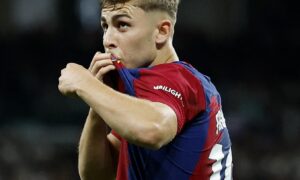One of the most well-known and prosperous football teams in the world is Manchester United. Its establishment in 1878 marked the start of a long and rich history. The Newton Heath LYR Football Club was the previous name of the group. It began as a small local squad and grew along the way. It grew to be a significant player in the NFL. This alteration shows how important and long-lasting it is in sports. Sites such as bet provide thorough betting experiences on a variety of sports for fans who want to learn more about them and consider placing bets.
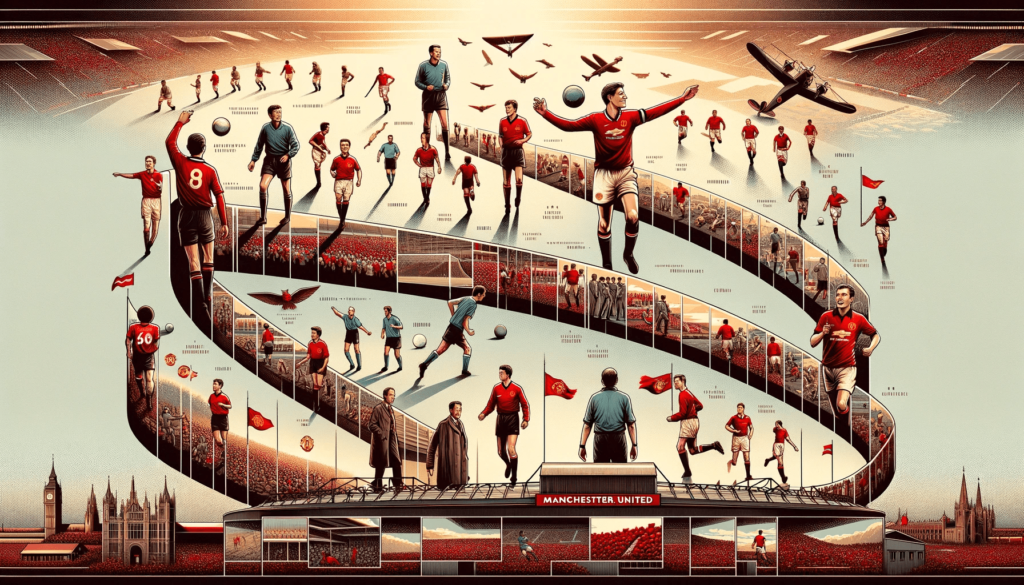
The Early Years and Formation
The Lancashire and Yorkshire Railway Company’s Carriage & Wagon division was originally responsible for founding Manchester United. The organization faced competition from other departments and railroad companies. J.H. Davies invested in the squad and changed its name to Manchester United when it faced financial difficulties in 1902. A new age was beginning at this point. 1910 saw United move to their new stadium, Old Trafford. It is still their renowned stadium.
Manchester United was first founded by the Carriage & Wagon branch of the Lancashire and Yorkshire Railway Company. Railroad firms and other divisions posed rivalry for the organization. When Manchester United ran into financial troubles in 1902, J.H. Davies invested in the team and changed the name to Manchester United. This was the dawn of a new era. United moved to Old Trafford, their new stadium, in 1910. It remains their famous stadium.
The Busby Years
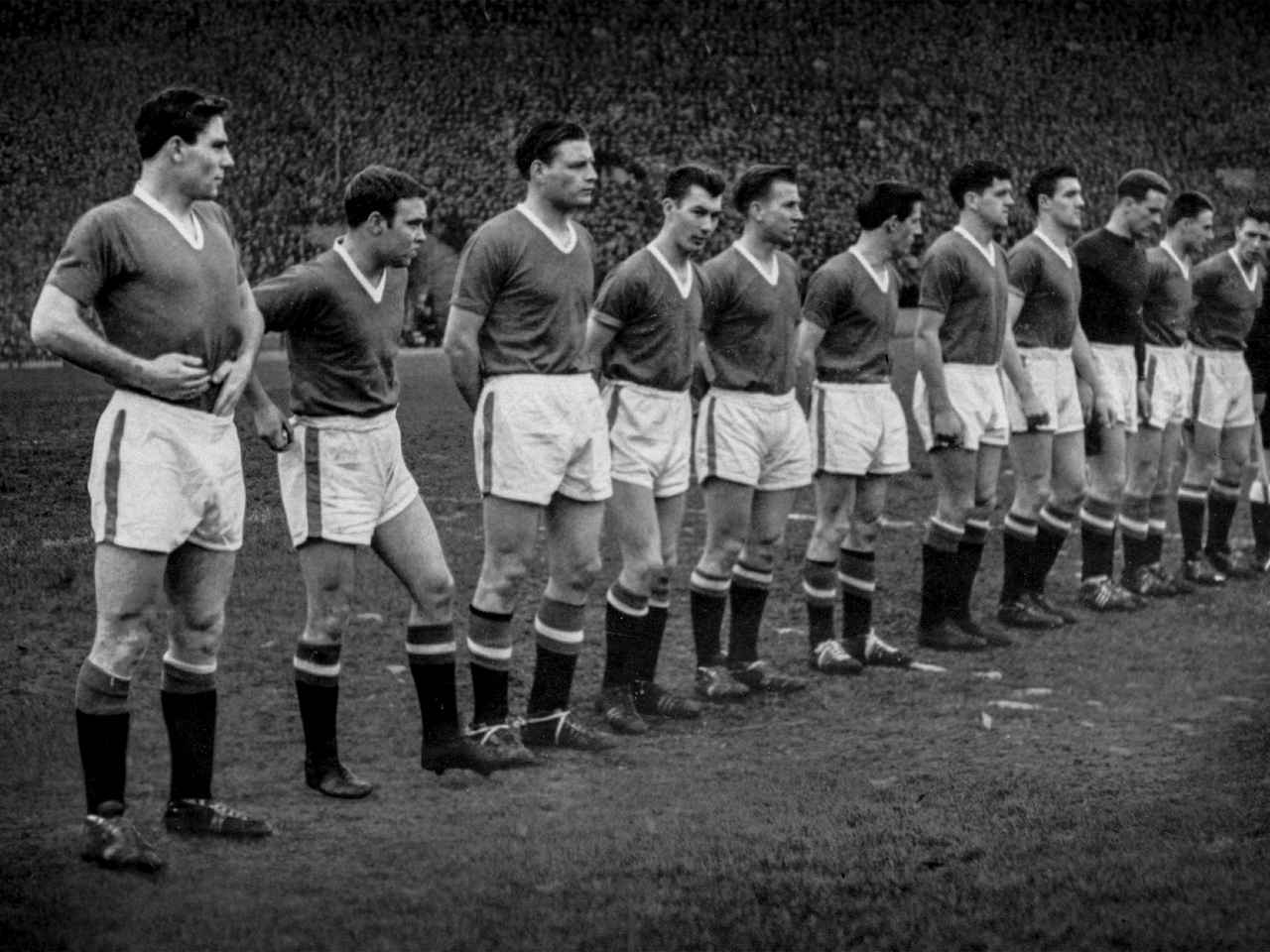
While there was a Manchester United before Sir Matt Busby, it bore no comparison to the Manchester United that now occupies Sir Matt Busby Way. The Reds were “a team with no ground and no money”, as the Scot succinctly put it. Throw in the absence of any tangible success for over three decades prior to Busby’s arrival, and a glance to the present day underlines just how much of his groundwork has gone into the goliath institution known around the modern world.
1958 Munich Air Disaster
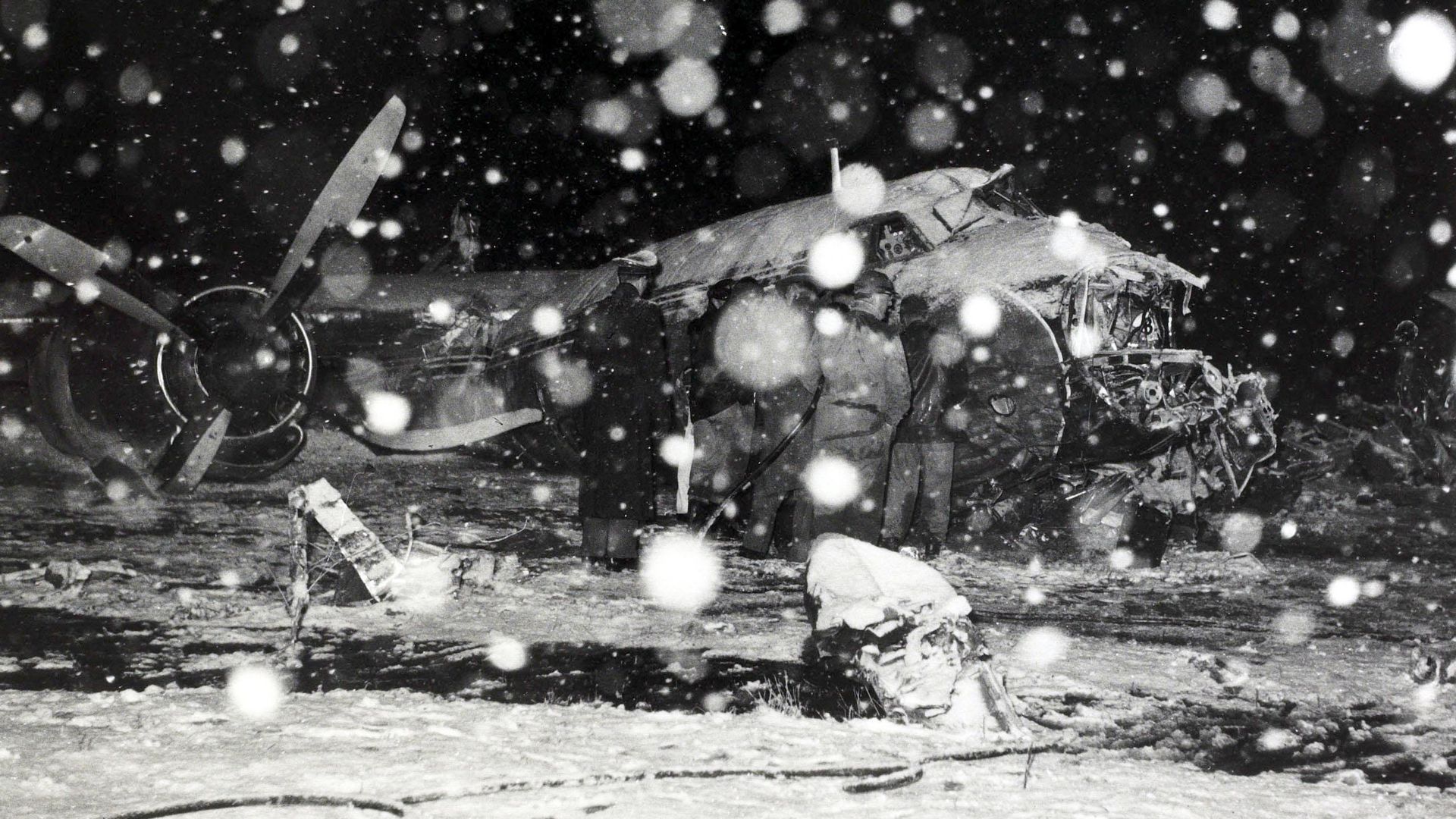
The date of 6 February will forever be circled on the calendars of everyone connected with Manchester United. On that day in 1958, the darkest day in United’s history, 23 people – including eight players and three members of the club’s staff – suffered fatal injuries in the Munich Air Disaster. The team had been travelling back from a European Cup tie against Red Star Belgrade when their aircraft stopped in Germany to refuel. The first two attempts to take off from Munich airport were aborted; following a third attempt, the plane crashed. The eight players who left us were Geoff Bent (aged 25), Roger Byrne (aged 28), Eddie Colman (aged 21), Duncan Edwards (aged 21), Mark Jones (aged 24), David Pegg (aged 22), Tommy Taylor (aged 26) and Liam Whelan (aged 22). Edwards, considered by many to be the finest player of his generation, died 15 days after the accident. The three club officials who were killed were secretary Walter Crickmer, trainer Tom Curry and coach Bert Whalley.
The Ferguson Era
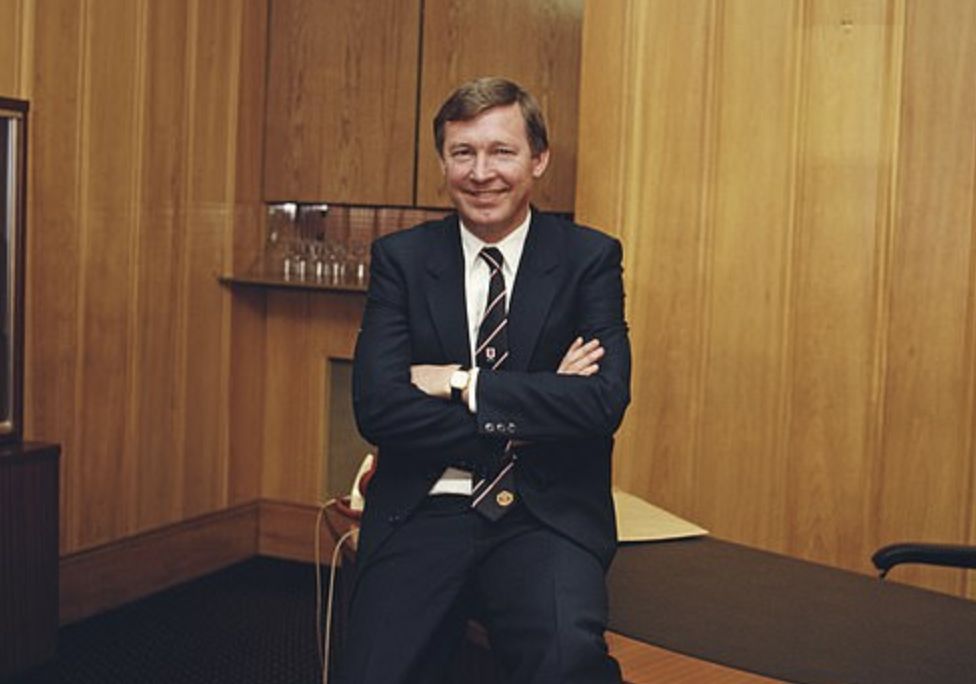
The appointment of Sir Alex Ferguson in 1986 marked the beginning of a significant chapter in Manchester United’s illustrious history. Manchester United reached the highest level of English football under Ferguson’s direction. During his 26-year tenure, Ferguson’s team won 13 Premier League crowns, five FA Cups, two UEFA Champions League titles, and countless more medals. Famous athletes who had a significant influence on the game, such Wayne Rooney, Eric Cantona, David Beckham, and Cristiano Ronaldo, came to be associated with the Ferguson period. Ferguson’s remarkable capacity to continuously innovate and modify his squad was essential to preserving United’s supremacy in English and European football.
The 1999 Treble
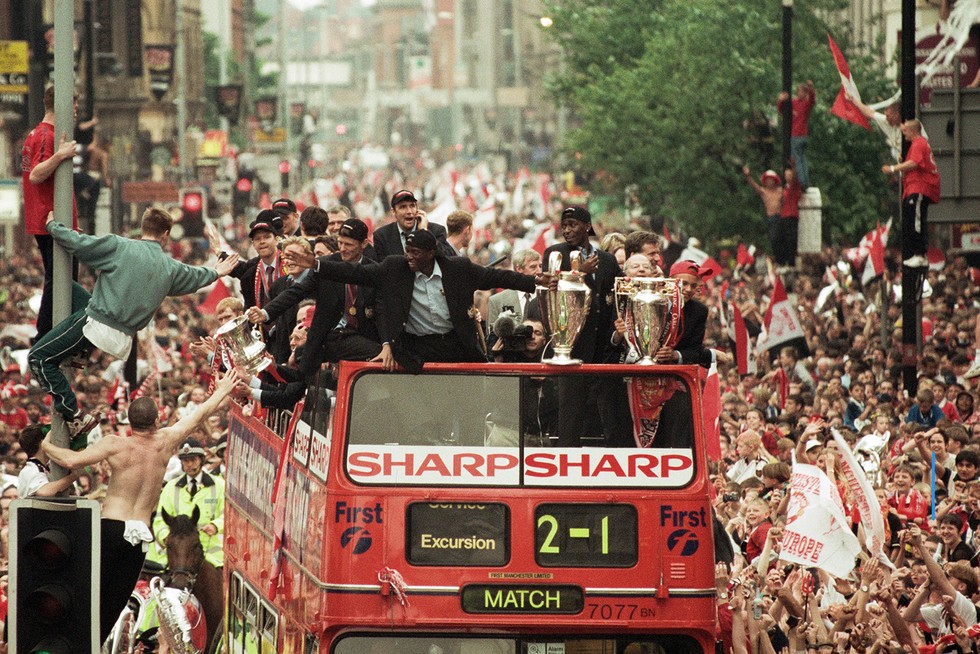
Manchester United’s treble-winning season in 1998-1999 will always be remembered for the team’s dominance, and the thrilling Champions League final comeback, but that peak also helped spark one of the most successful eras in the club’s history. Led by a legendary generation of academy products who helped usher in a new era following the sudden retirement of former captain and French legend Eric Cantona, the Manchester United squad that closed out the 90s set a standard that has yet to be matched. That Red Devils became the first English team to win the Champions League, Premier League title and FA Cup in the same season, and did so in a year where Sir Alex Ferguson’s squad was consistently dominant, riding an incredible run of 33 matches unbeaten in all competitions. There is also a documentary recently released on Amazon Prime Video called “99”.
Modern Challenges and Achievements
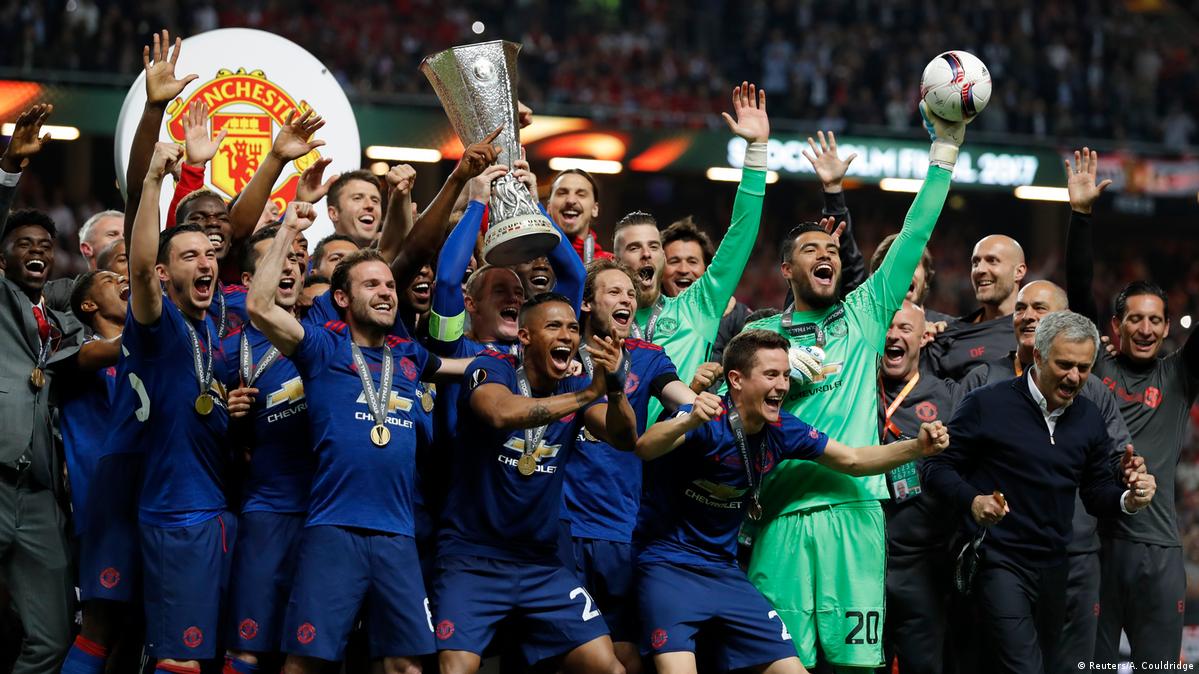
After Ferguson’s retirement in 2013, Manchester United had to rebuild from scratch. Several managers have tried to bring the club back to its previous level of excellence. Nonetheless, the group has remained fiercely competitive. They have won the FA Cup, the League Cup, and the UEFA Europa League in recent years.
Global Impact and Legacy
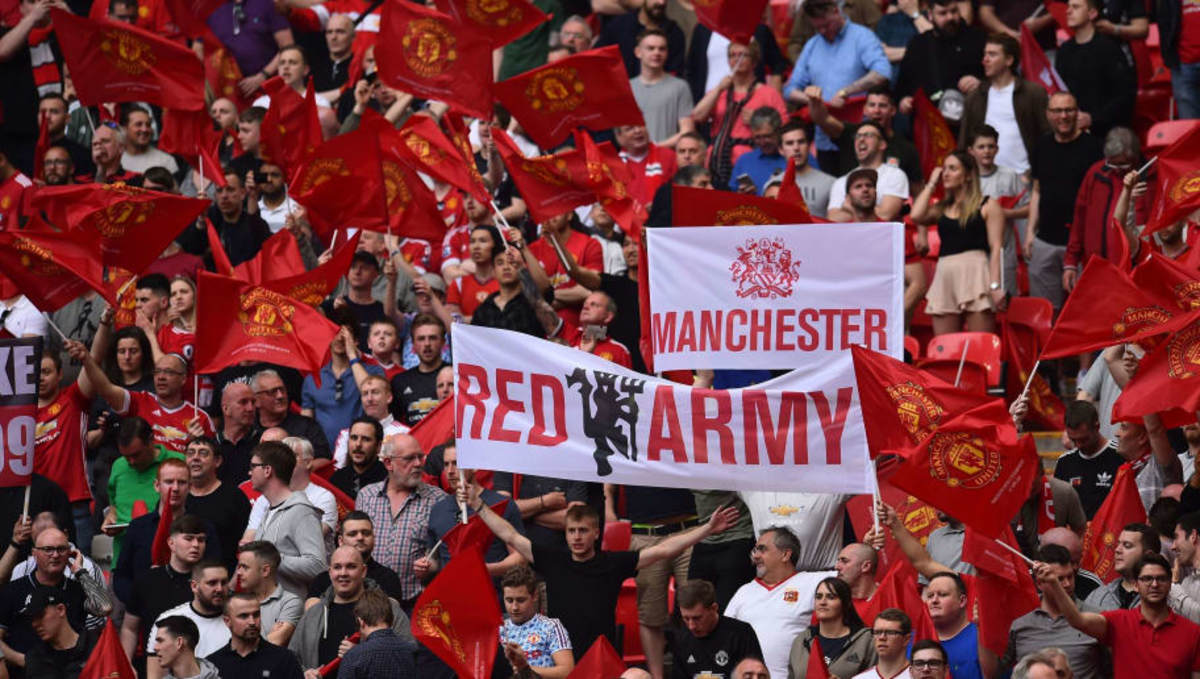
Manchester United’s influence extends well beyond the field of play. The club’s exciting playing style and proven track record have drawn it a sizable fan base from numerous countries. The group has creative sponsorship and product sales campaigns. With these and their marketing approach, they have completely changed the sports marketing industry.
Continued Success and Influence
As Manchester United welcomed in the new millennium, it continued to enrich its rich past. As the English Premier League became well-known as one of the most watched football leagues in the world, United’s impact expanded worldwide. By means of lucrative sponsorship agreements and international tours, they capitalized on their widespread appeal and became as one of the world’s most prosperous sports organizations.
Cultural Impact and Fan Base
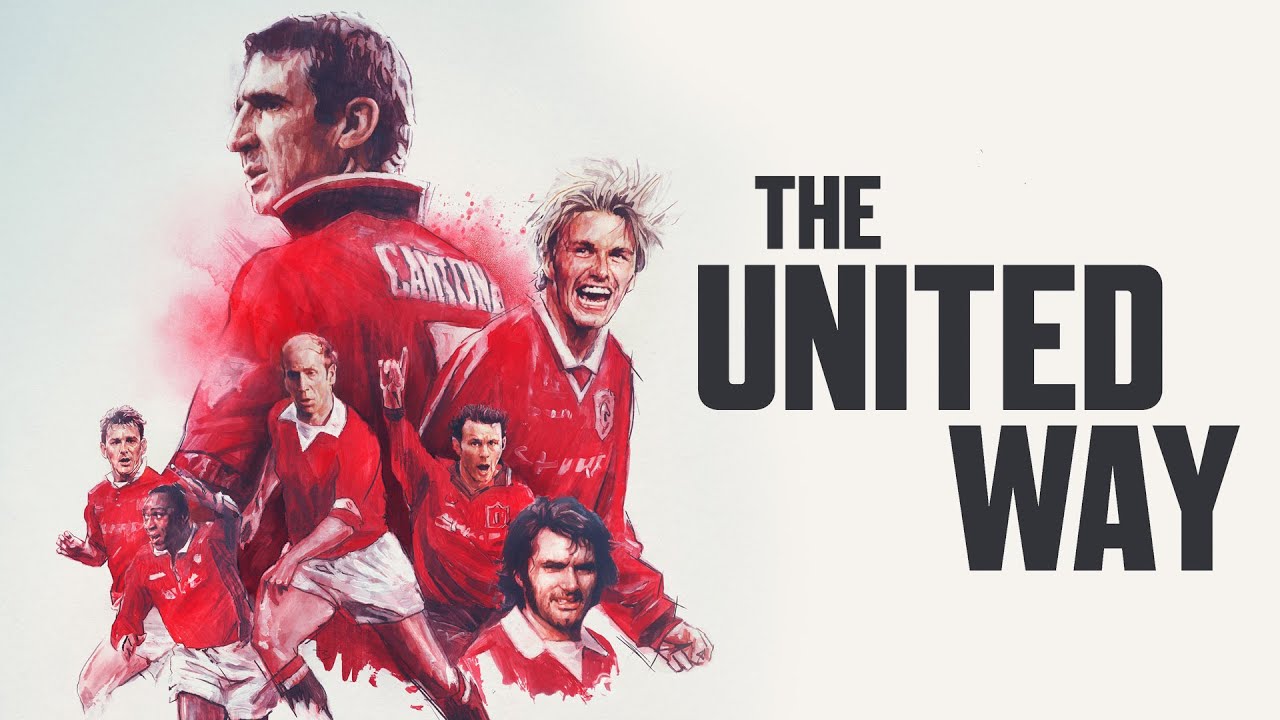
Manchester United is become a cultural phenomenon, and its impact is felt off the field as well. The ardent supporters of the club, known as the ‘Red Army,’ span multiple continents and number in the millions. Their shared love for the team unites them. Legendary athletes like David Beckham, Cristiano Ronaldo, Eric Cantona, George Best, and others have contributed to the club’s global glamour in addition to their on-field accomplishments.
Manchester United has appeared in movies, TV series, and books as a result of the club’s success in popular culture. The fans have developed a sense of identification and camaraderie because to the club’s atmosphere. It has inspired a generation of supporters who will stick with it forever.
Youth Development and Innovation
Manchester United’s devotion to youth development has been a key component of their ideology. Some of the best players in football history have come from the club’s youth academy. They consist of Ryan Giggs, Bobby Charlton, and, as of late, Marcus Rashford, Kobbie Mainoo and Alejandro Garnacho. The club’s philosophy continues to place a high priority on developing new players. They think that native players embody the club’s values more deeply.
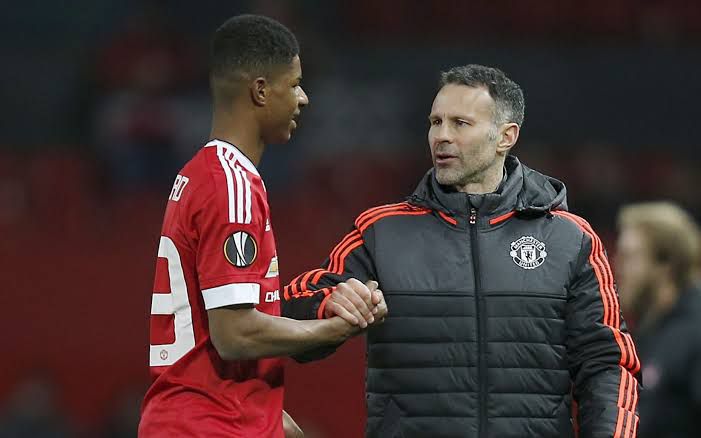
Manchester United employs growth plans. Additionally, it has led the way in embracing technology. This has improved fan interaction as well as player performance. The team recruits and develops players by using data analytics. They interact with fans on digital and social media platforms as well. Innovation has always been a goal for the club.
Manchester United’s story is one of tenacity, ingenuity, and both happiness and sadness. This team has a long history of producing talented players and taking home titles. Their eyes are focused on what lies ahead. The spirit of individuals like Busby and Ferguson is what drives United. They put a lot of effort into contributing to their distinguished history and inspiring the next generation.


